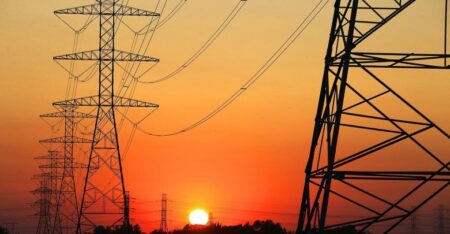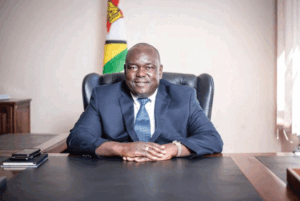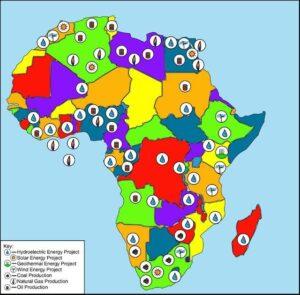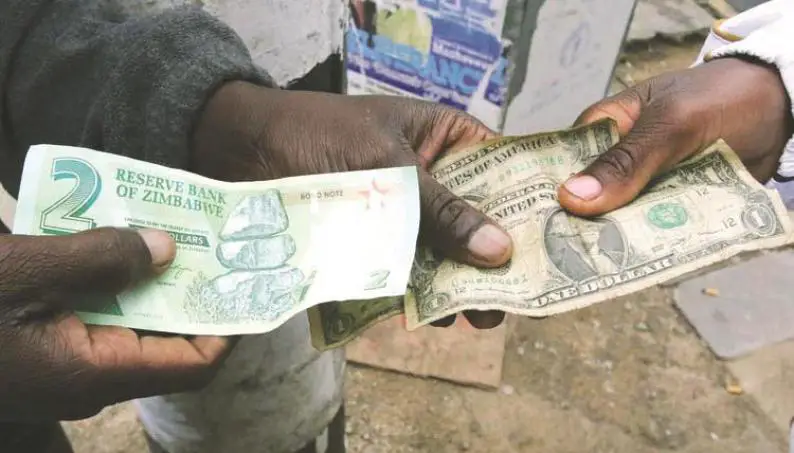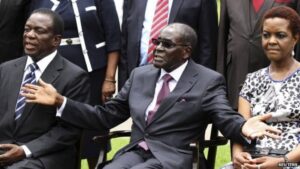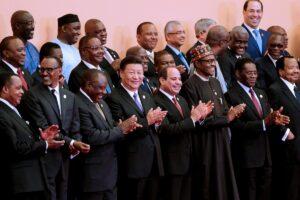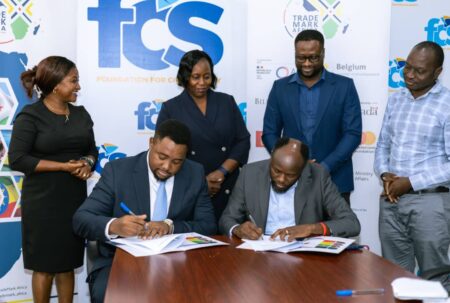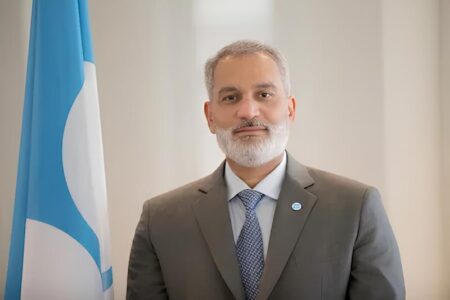Trending
- Youth Unemployment in Kenya: The Role of Vocational Training
- New $900,000 initiative aims to boost sustainable trade in Tanzania
- Organization of the Petroleum Exporting Countries’ (OPEC) pride in its African roots
- AIM Global Foundation pushes for stronger Gulf-Africa trade partnerships
- Investment opportunities in South Sudan’s emerging gold industry
- Family planning drive in Kenya gets 450,000 self-injectable contraceptive doses from UK
- AfDB commits $2 billion to revolutionise clean cooking in Africa, save forests
- The harsh realities of family laws for African women revealed





